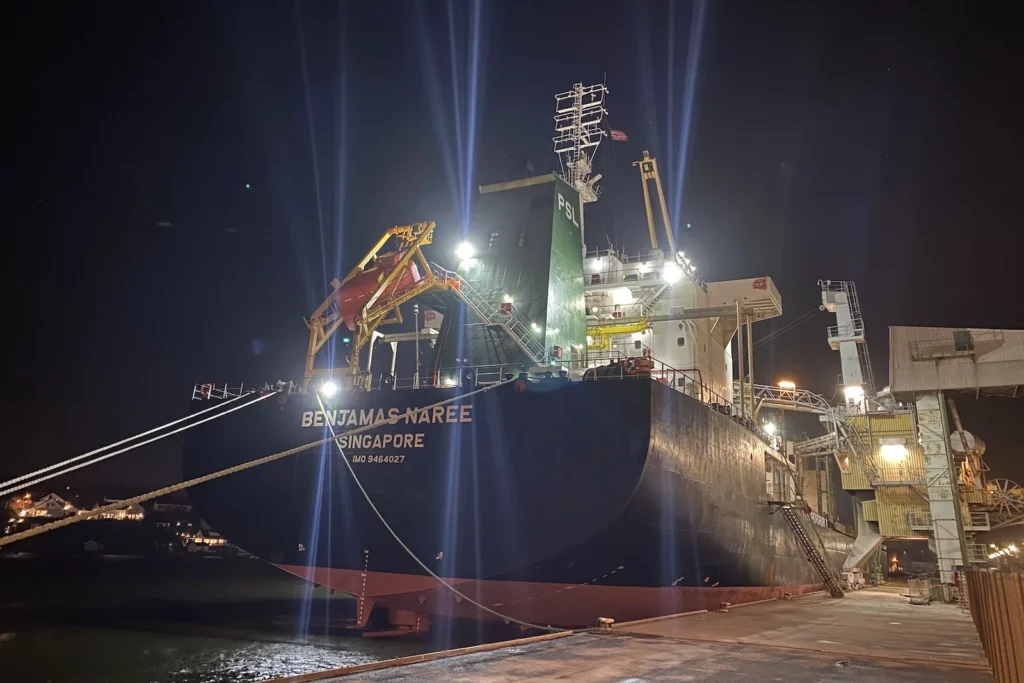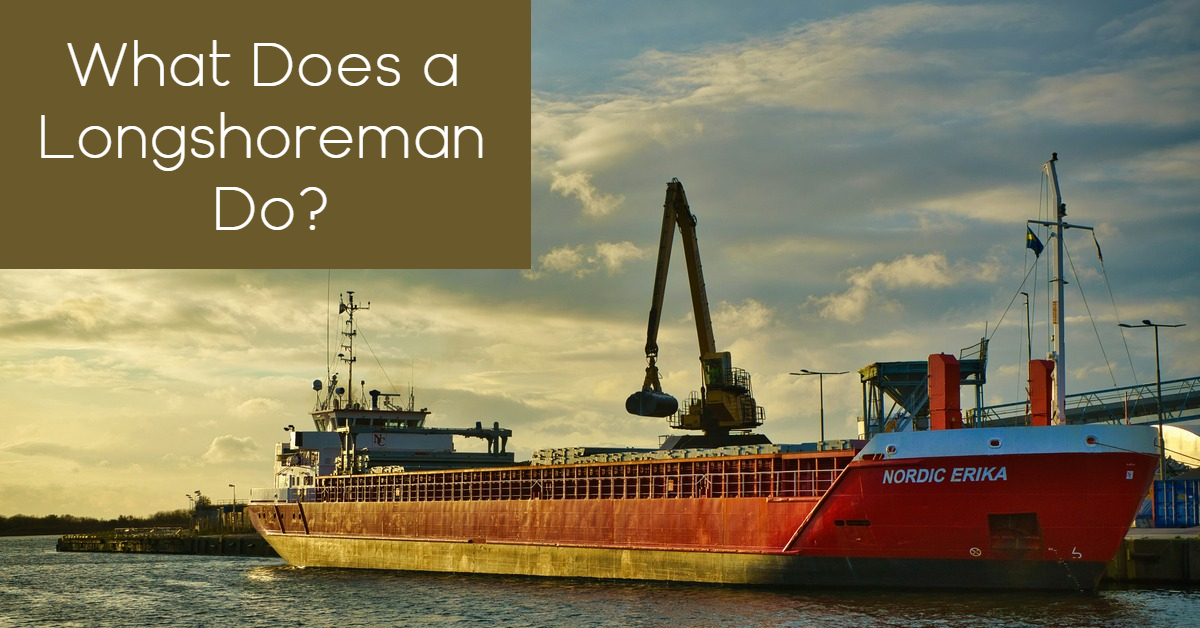According to U.S Geological Surveys, about 71 percent of the world or earth’s surface is covered by water bodies, and about 96 percent is the oceans. That is the reason why maritime, also known as admiralty law exists.
The United States is under maritime law. Long before, maritime law, also known as admiralty law used to cover oceans but it has expanded to include all the navigable waters, whether in the lake or rivers. The maritime law covers the rights and obligations of ships, passengers, captains, contracts, and crew members among other issues on the water body.

On the history part, the Maritime Law took effect in the United States when the federal courts were given jurisdiction by the Judiciary Act of 1789 to handle all cases regarding all admiralty issues.
Understanding Maritime Law?
Maritime law is a set of laws that covers all kinds of offenses and nautical issues that happen on all navigable waters. As a body of law, it covers all private maritime, domestic, and international disputes. There are special rules and legal procedures and principles that govern maritime cases.
Maritime law is a separate code that is independent of the laws of the land, national laws, or laws of the seas. The United States, being a member of the International Maritime Organization (IMO) subscribes to the maritime principles proposed by the organization in the convention.
It is also important to note that the maritime laws that were created long before by the seafaring nations have continued to evolve to cater to the changing nautical needs and commerce. There are several organs that create maritime laws among them international conventions such as the Civil Liability Convention, legislation, and also by marine arbitration panel decisions.
Jurisdictions of the U.S Courts Over Maritime Issues
Section 2 of Article 3 of the United States Constitution gives jurisdiction to all the federal courts to handle all matters related to maritime disputes, claims, and actions. Therefore, any issue that is related to maritime requires the application of the maritime law that is independent of the national laws, and in the jurisdictions of the federal courts of the United States.
Application of the Maritime Law in the United States
Admiralty law being both procedural and substantive in the United States is applicable in governing shipping and navigation and covers all the waters that are navigable in the U.S.
The law has expanded over time and is no longer governing the American tidal waters only but currently applies to the waters, towage, commerce, maritime liens, insurance, seamen, recreation, canals, piracy, wharves, and docks among other applications.
Most of the provisions and applicable laws that govern shipping and navigation are captured in different conventions of the International Maritime Convention where different countries who are treaty to the conventions draw their maritime policies within their laws and jurisdictions. Therefore, some of the applications of maritime law in the U.S include:
Maritime rights
The maritime law being an independent law from the national law provides for the rights of the seamen, passengers, ships captains, and crew members. This ensures that everyone’s rights are protected and not infringed during transit on the water bodies.
Handling marine pollution issues
Admiralty law is created to safeguard territorial water bodies from the pollution and liabilities that arise from the ships. Therefore, all the pollution matters resulting from the ship whether the crew or seamen are handled as provided for by the maritime law.
The part of the law is a recipe that forms that more significant part of the law and results from different treaties and conventions such as the Civil Liability Convention and obliges the ship owners to take full responsibility for protecting and safeguarding the waters from any form of pollution.
The International Maritime Organization (IMO) of the United Nations provides for the relevant regulations under the International Convention for the Prevention of Pollution from ships and other laws to help protect the waters and held the ships that cause such pollution on the waters responsible.
Handling maritime insurance disputes
Maritime law, not only in the United States but covering all the nations under the maritime law offers a form of protection to ship owners from taking responsibility for the goods that are lost or damaged during the transit, whether domestic or international.
It stipulates how the matters that would otherwise put the shipowners or carriers of the goods to bear responsibility are solved through insurance policies.
Dealing with matters of collisions and allisions
Sometimes, collisions and allisions are inevitable on the waters. Allision, to distinguish from the collision is whereby a ship in transit rams onto a stationary ship. When any of this happens, the maritime law covers how the same matter is handled in its provisions.
The law, therefore, works to regulate all matters regarding the rights, responsibilities, and obligations of all the parties that are involved, damaged, or harmed by the collision of the vessels in the seas, oceans, lakes, rivers, or any navigable water body.
Handling the Bill of Lading Disputes
A Bill of Lading is a contract between the parties involved in the shipment. This contract sometimes can be breached by one party and where disputes arise, the maritime law offers provisions to deal with such disputes.
These disputes are common due to the nature of the shipment. A consignee may raise claims of goods damaged or lost, and without such provisions in maritime law, it would be difficult to deal with such matters.
Does Maritime Law Apply To Lakes?
In the United States, the jurisdiction of maritime law on lakes can vary depending on the state in which the lake is located. For example, the Great Lakes, which are located on the border between the United States and Canada, are considered to be navigable waters and are therefore subject to federal maritime law. The Great Lakes connect several states including Illinois, Indiana, Michigan, Minnesota, New York, Ohio, Pennsylvania and Wisconsin.
A good example is Lake Superior which is one of the Great Lakes and is the largest lake in North America by area and the third largest freshwater lake by volume in the world. Lake Superior is located on the border of the United States and Canada, and is considered to be navigable waters. As such, it is subject to federal maritime law in both the United States and Canada. This means that laws and regulations governing ships and shipping activities on Lake Superior are determined by federal maritime laws and regulations, rather than by state or provincial laws. Additionally, the U.S. Coast Guard and Canadian Coast Guard have jurisdiction over the lake for safety and security matters.
Other examples of lakes that may be subject to maritime law include Lake Michigan, which is located in Illinois, Indiana, Michigan, and Wisconsin, and Lake Erie, which is located in Ohio, Pennsylvania, and New York. These lakes are also used for commercial shipping and other commercial activities and are therefore subject to maritime laws and regulations.
Lake Tahoe is on the border of California and Nevada, while it is not a commercial shipping route, it is a popular tourist destination and is also subject to maritime laws and regulations regarding boating, water sports, and other activities on the lake.
It’s important to note that laws and jurisdiction can vary depending on the specific laws of each state and the activity being conducted. It’s also worth consulting with a maritime attorney or state authorities to determine if maritime law applies to a specific lake or activity.
Conclusion
The United States among other countries is under maritime law, a body of laws that are different from the national laws and under the jurisdictions of the federal courts.
This body of the law caters to the issues surrounding navigable waters in the United States and provides legal mechanisms for solving disputes and addressing other problems that occur on the sea, oceans, lakes, rivers, or any navigable water.
Admiralty law is, therefore, part and parcel of the United States and draws its enactments from international treaties and conventions such as the International Maritime Organization among other treaties.





Leave a Reply